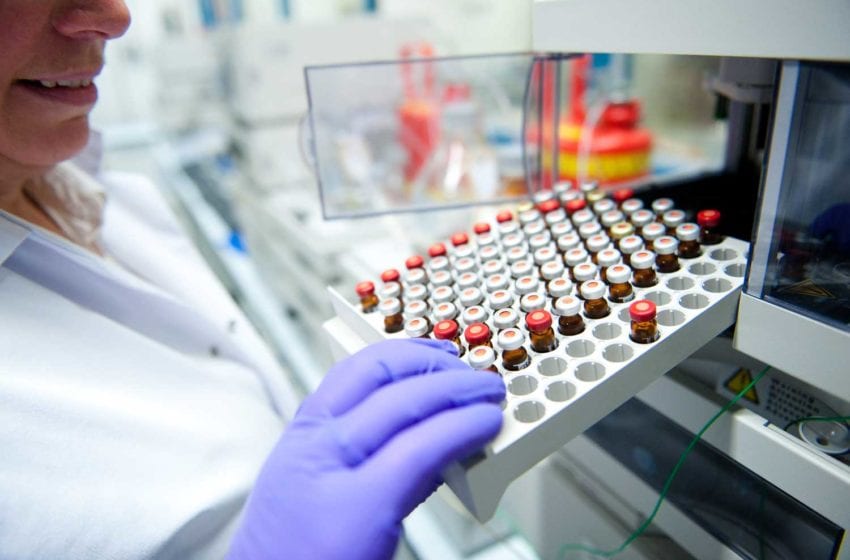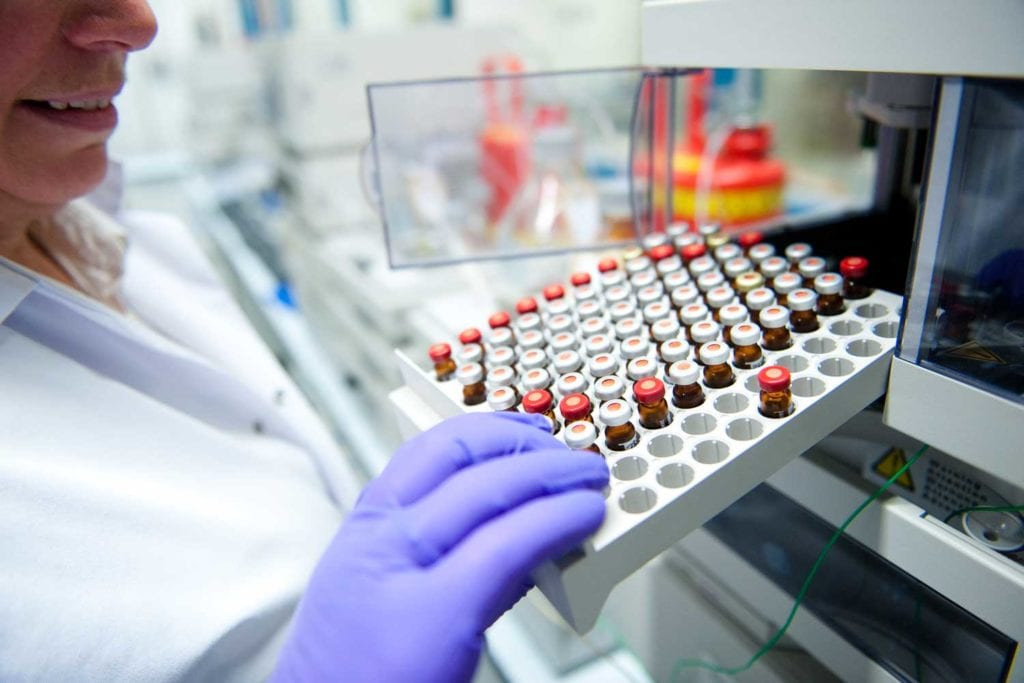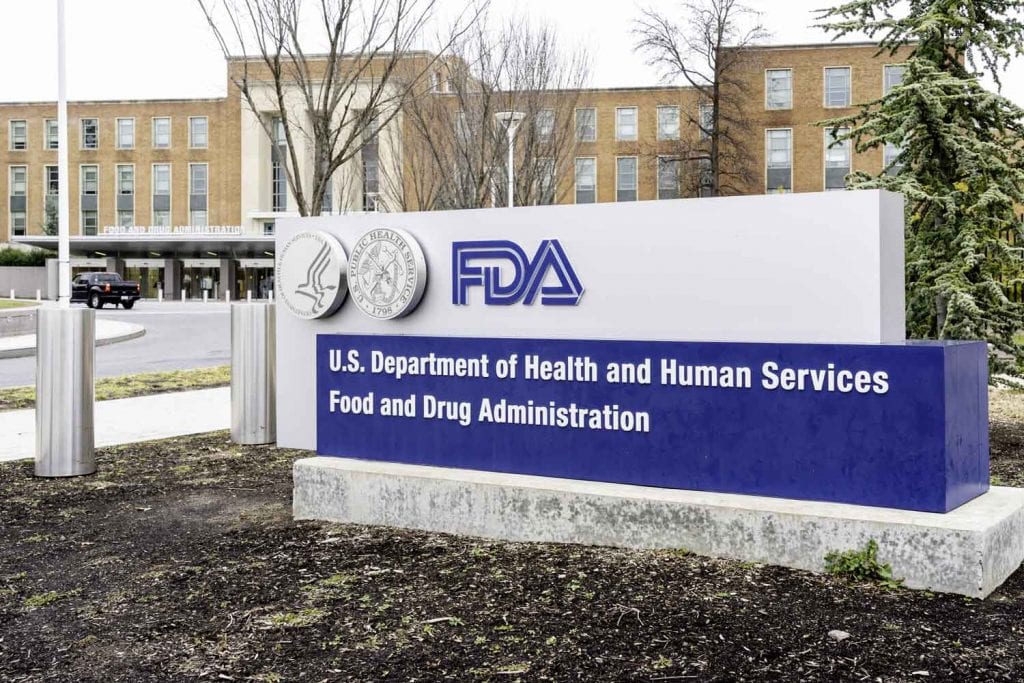
The U.S. Food and Drug Administration (FDA) has outlined the next steps for products with a submitted premarket tobacco product application (PMTA) now that the Sept. 9 deadline has passed.
According to the FDA, the process will consist of three phases. Phase one is acceptance of the application. Phase two is notification or filing, and phase three consists of review and action. The FDA website notes that “the PMTA process also includes a fourth phase for post-market reporting.”
The FDA plans to prioritize enforcement against electronic nicotine-delivery system (ENDS) products that are still being sold and that don’t have PMTAs submitted as well as any other “deemed new tobacco product” that does not have a submitted PMTA.
The FDA will not enforce the premarket review requirement for premium cigars.









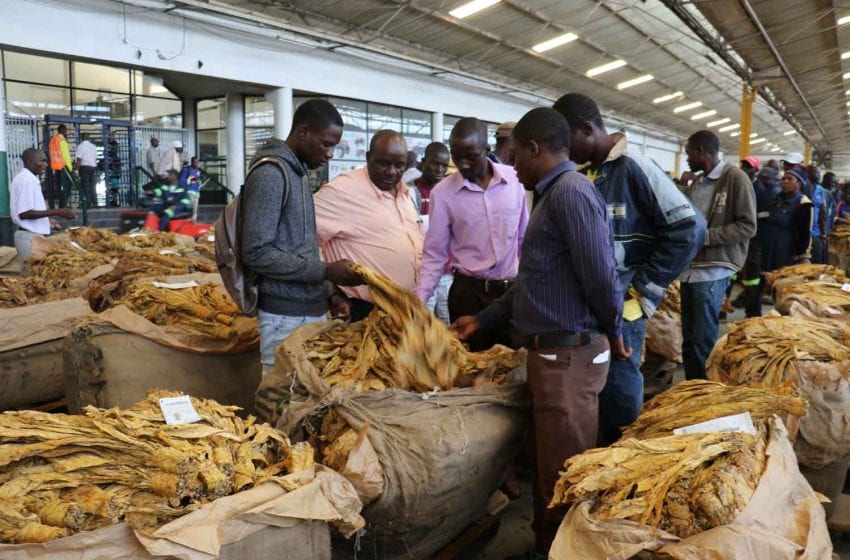
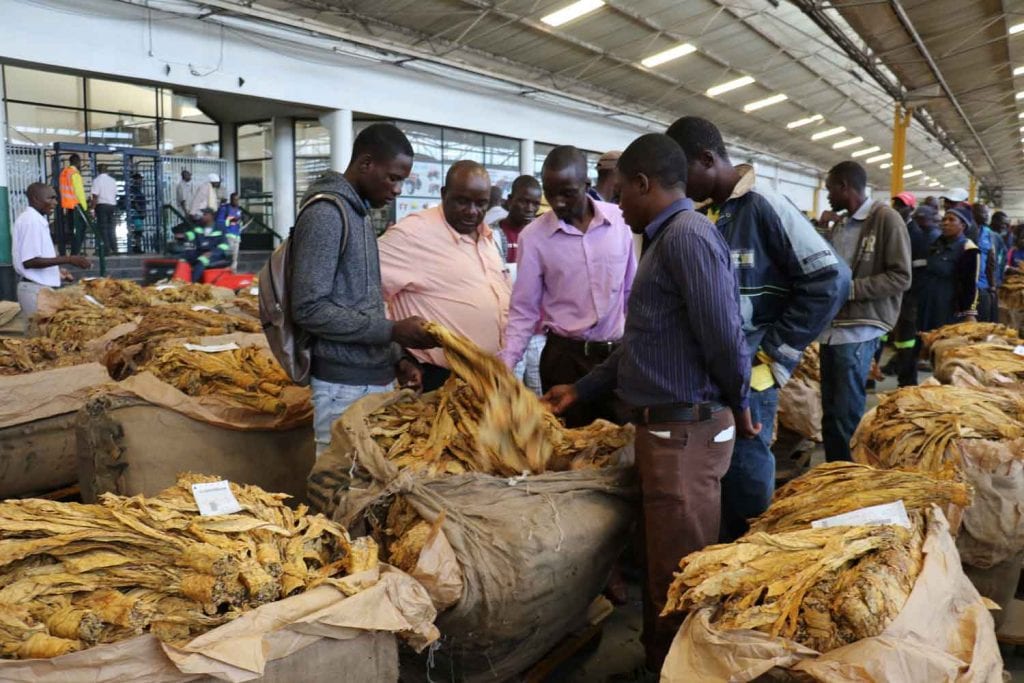
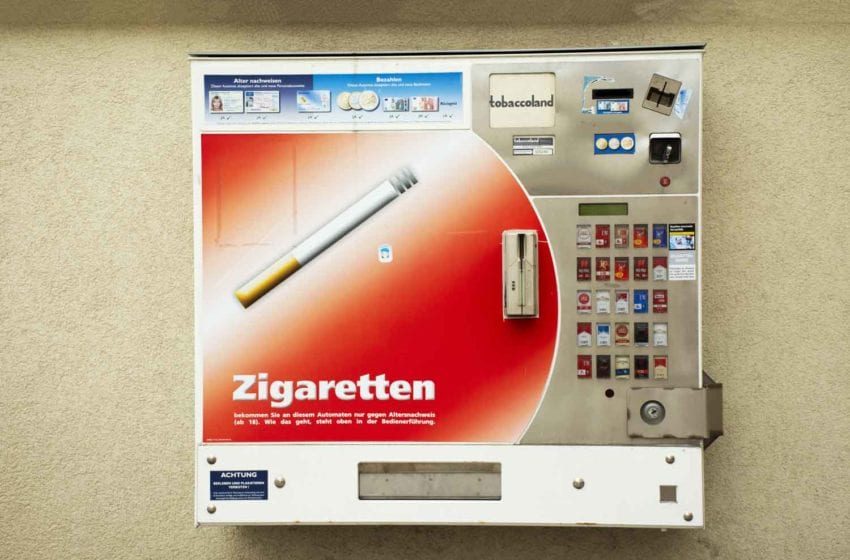

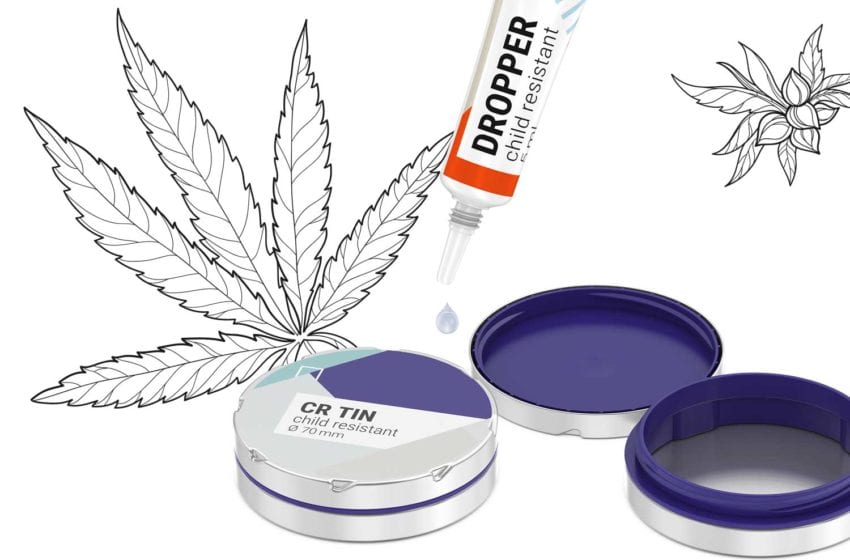
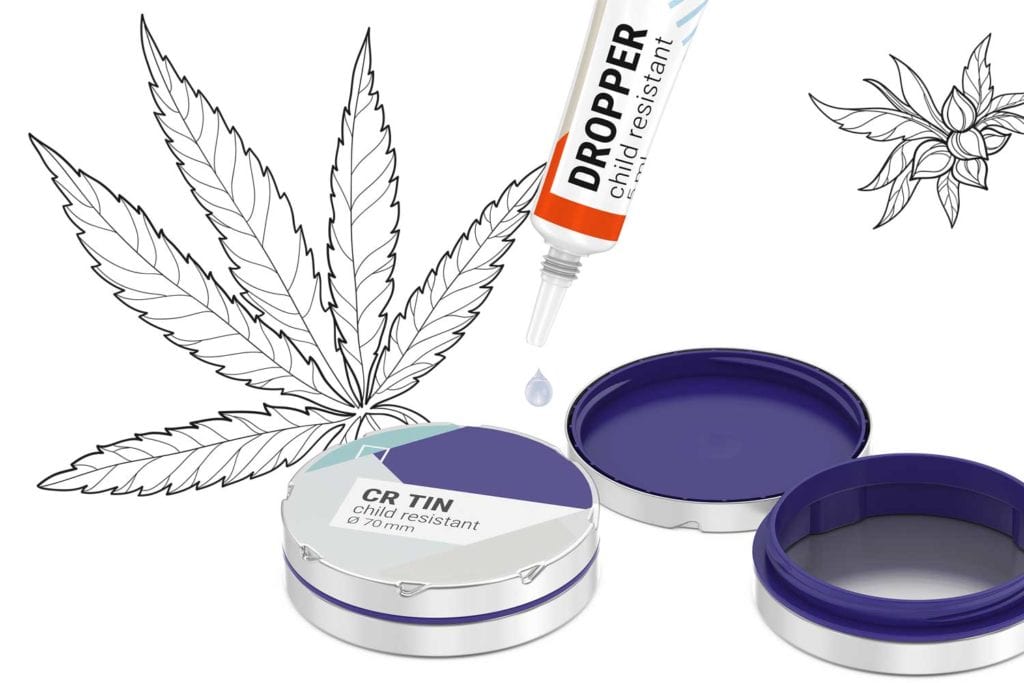


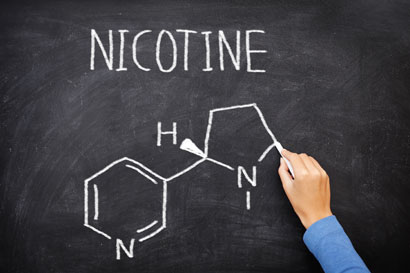
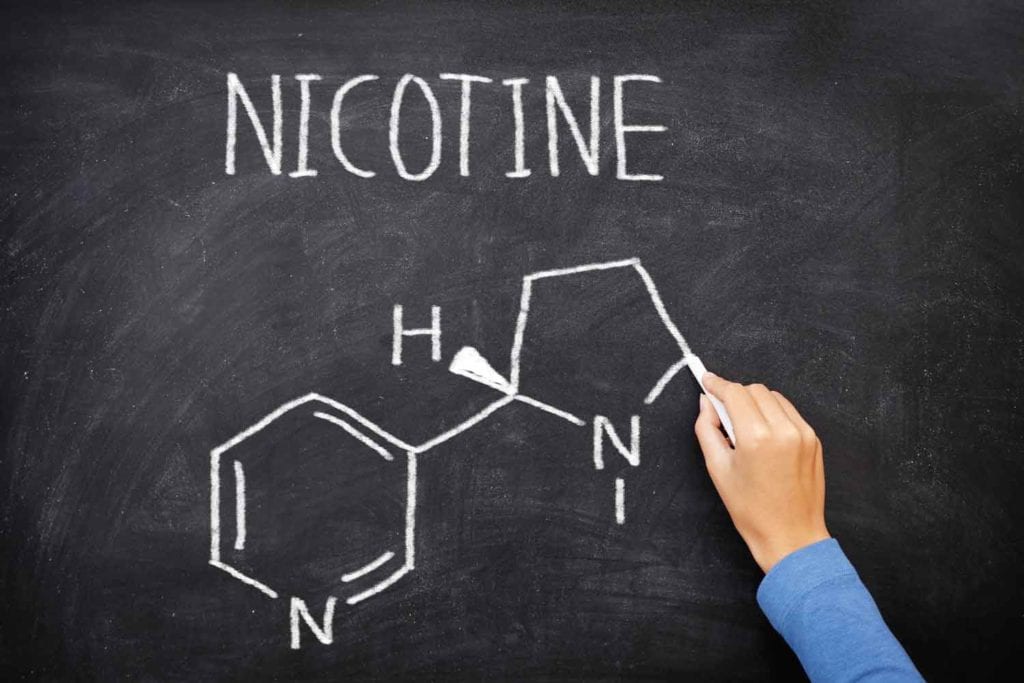
 Tobacco Technology Inc. (TTI) and its wholly owned subsidiaries e-LiquiTech and TTI Flavors will start distributing their patented SyNic synthetic (S)- nicotine in November.
Tobacco Technology Inc. (TTI) and its wholly owned subsidiaries e-LiquiTech and TTI Flavors will start distributing their patented SyNic synthetic (S)- nicotine in November.